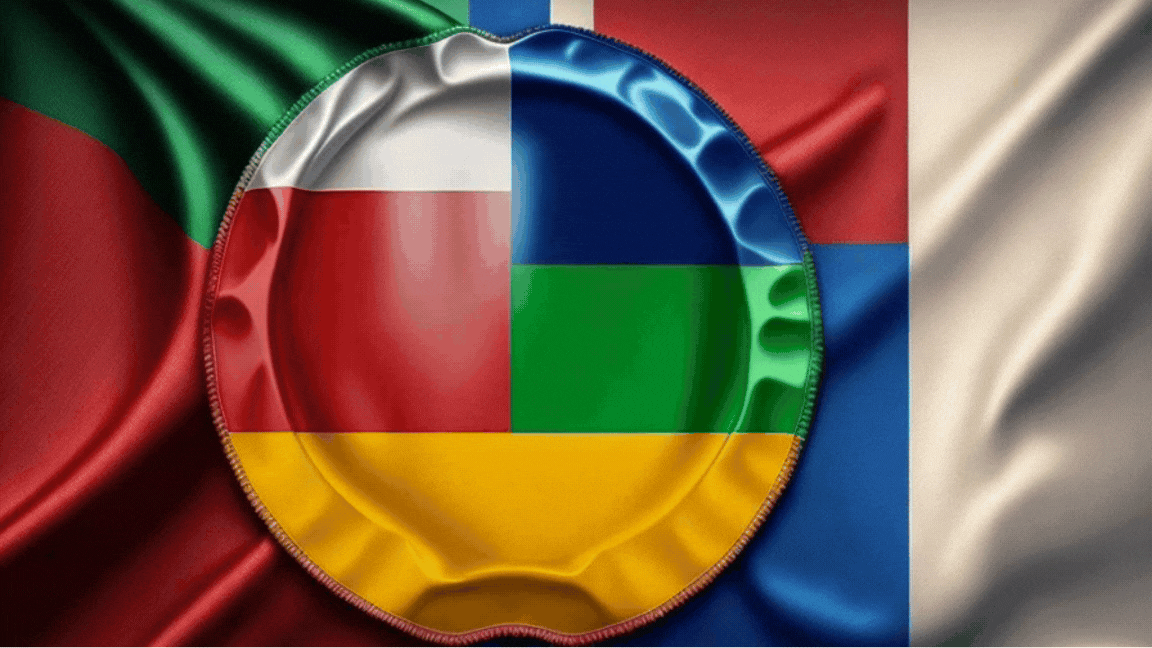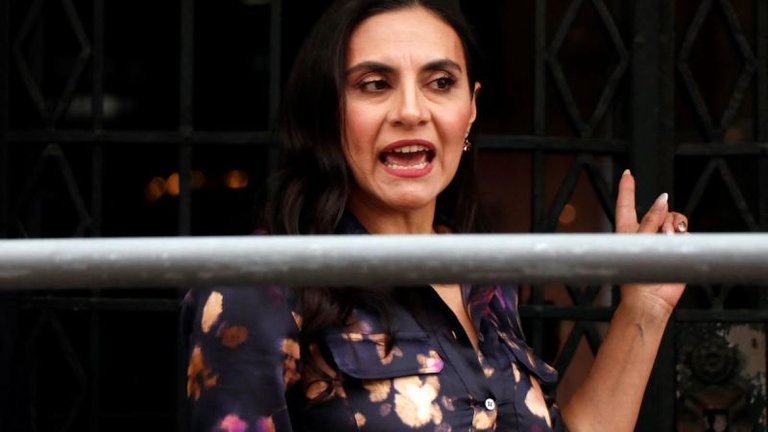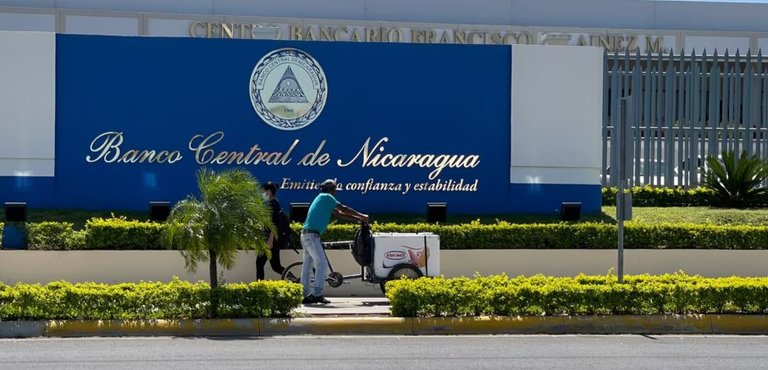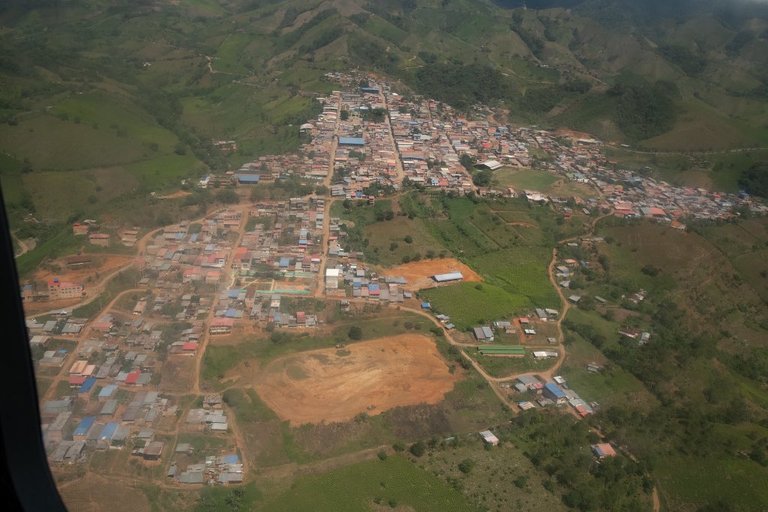
An Ecuadorian official has determined that President Daniel Noboa must request a license to campaign for the 2025 presidential elections. The head of the Carondelet Palace has tried to get Vice President Verónica Abad—with whom he has been at odds since their surprise rise to power—out of the game. Noboa sent Abad into a rare de facto exile to Israel, a dynamic that eventually went to court. The vice president won a battle in this arena recently when she was reinstated in office after a clumsy move by the Ministry of Labor, which was forced to apologize in public.
The point is that Noboa does not want to cede to Abad the presidency, and he still has some arrows in his authoritarian quiver to achieve that goal. The reasons for the distancing between Noboa and Abad have never been entirely clear. An electoral counselor demanded the electoral power to “pronounce officially and with absolute independence regarding the obligation of the President of the Republic to request a leave of absence before the beginning of the electoral campaign”. Abad was supposed to travel to Turkey on a new mission assigned by Noboa, but she is firmly waiting for his opportunity to reign in Carondelet.
 Source
SourceNicaragua
We always find interesting the case of Nicaragua, a nation with a debatable human rights record, but with positive results in the economic order. As of September of this year, Nicaragua's GDP had grown close to 4%, while inflation could reach around 4% when the year ends. The best-performing sectors are construction—far ahead of the rest—along with fishing, aquaculture, financial intermediation, hotels, and restaurants. Recent legislation has sent worrying signals to financial markets, but overall Daniel Ortega's regime has shown economic resilience. However, it is also worth noting that, despite criticism from countries such as the United States, the sanctions against Managua are targeted at specific officials and therefore fall far short of the scope and intensity of those applied to countries such as Cuba or Venezuela.
 Source
SourceColombia
The internal armed conflict continues to have a strong impact on Colombian society. This week, a 15-year-old teenager was murdered at the hands of FARC-EP dissidents, a guerrilla stronghold made of members of the extinct guerrilla group. The event occurred in the violent region, called Cañón del Micay, in the department of Cauca. According to military sources, the adolescent “[was] brutally murdered for not agreeing to forced recruitment”. It seems that at some point he freed himself from his captors, but they caught him again and put four deadly bullets in his young, full-of-life body. At the end of the third quarter of the year, Cauca was one of the departments hardest hit by the forced recruitment of minors, with some 20 of them being killed after becoming involved in the conflict. A soldier from Land Operations Battalion No. 6 was also killed this week allegedly by a faction of the FARC-EP dissidents.
 An aereal view of El Plateado, in El Cañón del Micay (source).
An aereal view of El Plateado, in El Cañón del Micay (source).And this is all for our report today. I have referenced the sources dynamically in the text, and remember you can learn how and where to follow the LATAM trail news by reading my work here. Have a nice day.

